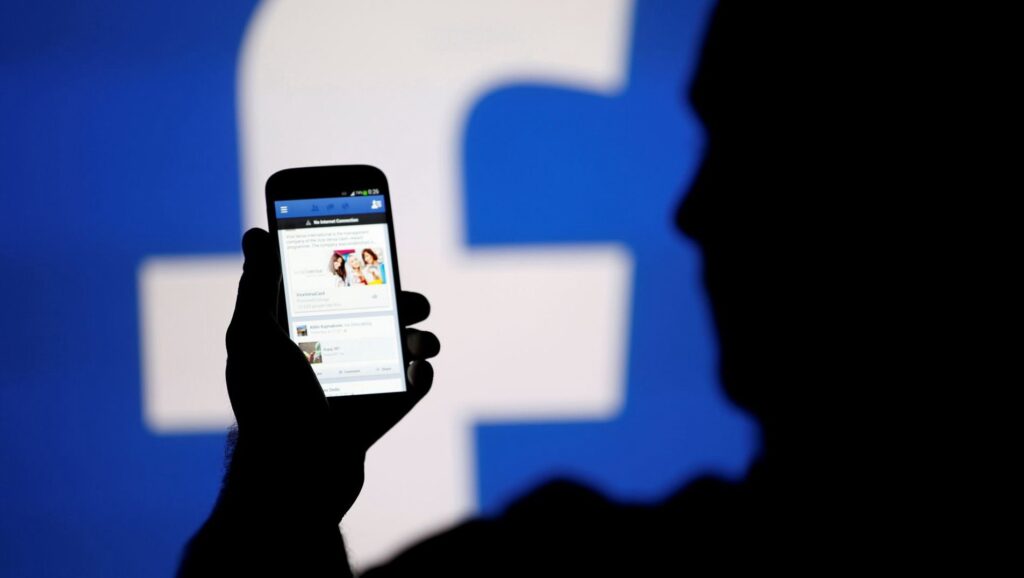Gabriel and Sebastian Shemirani watched with despair as their mother, Kate Shemirani, gained notoriety during the pandemic for spreading misinformation, ultimately leading to her being struck off as a nurse. This turmoil intensified when their sister, Paloma, was diagnosed with cancer. Doctors informed her that chemotherapy offered a promising chance of survival, yet she declined treatment, influenced by her mother's conspiracy theories. Tragically, Paloma passed away at 23, with her brothers attributing her death directly to their mother's beliefs.
Despite significant medical evidence and the support of the NHS, Kate Shemirani has publicly shifted the blame for her daughter's death away from herself. She and her ex-husband claim that Paloma died due to medical interventions made without proper consent, a claim that the BBC has found to lack substantiation. “My sister has passed away as a direct consequence of my mum's actions and beliefs,” Sebastian stated, emphasizing his desire to prevent other families from experiencing similar heartache.
Gabriel and Sebastian reached out in hopes of highlighting the dangers of medical misinformation which has been exacerbated by the rise of conspiracy theories on social media. Experts, including oncologist Dr. Tom Roques, have noted that unscientific views promoted by influential figures can lead others down harmful paths of alternative treatments. These actions are becoming increasingly mainstream and dangerous, they warn.
Sharing their experiences with BBC Panorama, the brothers detailed their upbringing in a home saturated with conspiracy theories. From their father's initial interests to their mother's full-on embrace of anti-medicine ideologies, Paloma grew up steeped in beliefs that ranged from skepticism toward vaccines to embracing alternative health remedies after her mother’s own battle with cancer.
As Paloma’s health deteriorated post-diagnosis, her choice to reject conventional treatment in favor of alternative therapies like Gerson therapy – promoted as an unproven cancer cure by her mother and others – raised alarm among medical professionals. Throughout her decision-making process, Kate communicated directly with her, warning against chemotherapy and asserting that her alternative methods would suffice. Though medical staff recognized the potential influence of Kate’s views, they ultimately deemed Paloma capable of making her own health decisions.
Paloma's decline was swift; she ultimately lost her life due to complications linked to her untreated cancer. Her brothers have now taken to advocating for stronger regulations on misinformation, revealing the struggle faced by families dealing with such profound manipulation regarding health.
The incident serves as a stark reminder of the real-world consequences of conspiracy theories relating to health. Paloma's tragic death exemplifies how easily misinformation can lead to devastating decisions, and her case is a call to action against the spread of unscientific beliefs in the public sphere. As her story unfolds, it underscores the urgent need for awareness and measures to combat medical misinformation proliferated through social platforms.




















